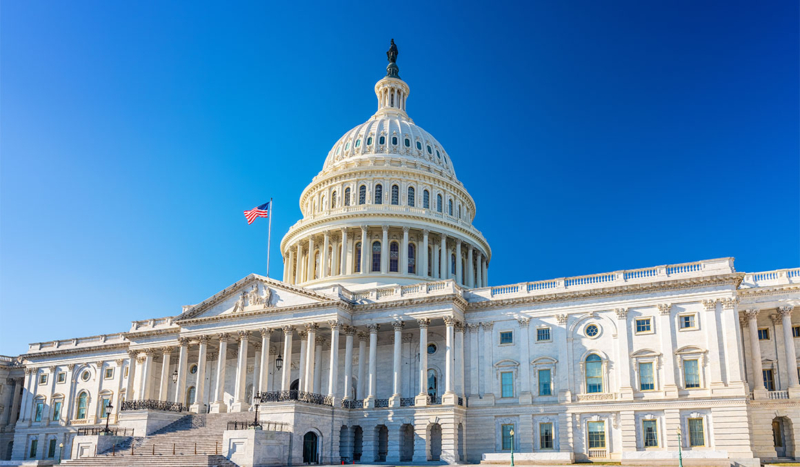
Shutterstock
The House of Representatives approved legislation in a narrow vote Thursday that would rescind two years of federal funding, totalling $1.1 billion, for public media outlets.
NPR reported that the measure passed largely along party lines by a razor-thin 214-212 margin after two Republican holdouts, Nebraska Rep. Don Bacon and New York Rep. Nick LaLota, flipped their votes.
The Trump administration had requested the federal funding cuts for media outlets, NPR reported, after previously accusing NPR and PBS of a reporting bias against conservatives. Trump has also become embroiled in lawsuits and feuds with other news agencies, including CBS News.
The legislation also includes measures aimed at reclaiming $8.3 billion previously allocated to foreign aid, including international disaster assistance, hunger relief initiatives, and programs like PEPFAR that focus on global health.
Trump announced his hopes that the House would approve the legislation in a Truth Social post shortly before the vote was finalized. He argued that the rescission bill would protect federal funding from being used for DEI initiatives or the Green New Deal’s environmental policies, adding that the measure to cut media funding has been a long time coming.
“For decades, Republicans have promised to cut NPR, but have never done it, until now. NPR and PBS are a Radical Left Disaster, and 1000% against the Republican Party!” he wrote.
Trump argued that, together with the “one, big, beautiful bill,” tariffs, mass deportations of illegal immigrants, and “our strong economy,” the funding cuts will help balance the budget and mitigate the deficit.
Media executives, however, decried the cuts, saying that Americans will now be left in a “news desert.”
“Americans who rely on local, independent stations serving communities across America, especially in rural and underserved regions, will suffer the immediate consequences of this vote,” NPR Chief Executive and President Katherine Maher stated, according to NPR.
Reuters reported that the legislation now heads to the Senate, where it is unclear how lawmakers will receive it. Republican Senate Majority Leader John Thune reportedly said the Senate could change the package, telling reporters, “We’ll see.”
According to Reuters, the legislation will expire July 18 unless the Senate acts on it. In the event that the legislation expires, the Trump administration will be required to stick with the previously approved spending plans.

